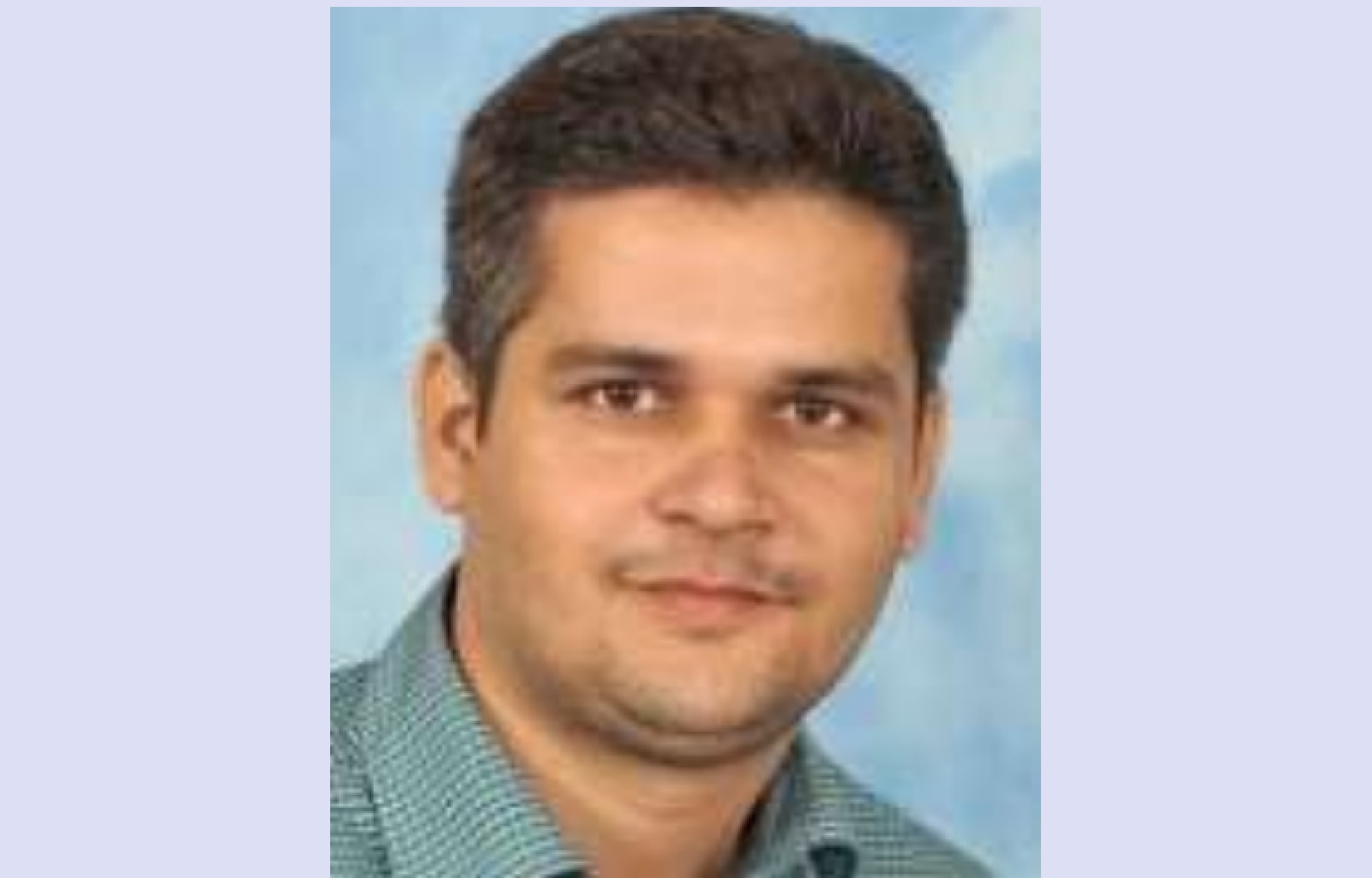
Dr. Praveen Kumar Pathak (Left JMI)
Associate Professor (Department of Geography)
Department of Geography,
Faculty of Natural Sciences,
Jamia Millia Islamia (Central University),
New Delhi- 110 025
Praveen Kumar Pathak is an Associate Professor in Geography, Faculty of Natural Sciences at the Jamia Millia Islamia (Central University), New Delhi, India. Previously, Dr Pathak served in regular faculty positions as an Assistant Professor of Geography at the Delhi School of Economics (DSE), University of Delhi (2014-2019); University of Pune (2013-2014); Shivaji University, Kolhapur (2010-2013), and Ravenshaw University, Cuttack (2010). Dr Pathak earned PhD in Population Studies from the International Institute of Population Sciences (IIPS), Mumbai in 2016. His current research focuses on social network and demographic behaviour; social and geographic inequalities in population health and environment; gender and development nexus in the Indian context. Dr Pathak also participated in a very prestigious Young Scientist Summer Program (YSSP) at IIASA, Laxenburg, Vienna from June-August, 2013. I was also a PRB-Policy Communication Fellow during 2013-14. Besides, Dr Pathak has been Visiting Scholar at the Vienna Institute of Demography (VID), Vienna, Austria; Harvard Center of Population and Development Studies (HCPDS), Harvard University; Initiative in Population Research (IPR), Ohio State University, Columbus, Ohio, USA. Dr Pathak is currently working on collaborative research projects on population health and wellbeing with colleagues from Boston University, The World Bank and the University of Illinois. He completed a Bachelor of Arts in Geography, English Literature and Education from the Ewing Christian College (E.C.C.), University of Allahabad (2004) and Master of Arts in Geography from the Banaras Hindu University (BHU), Varanasi (2006). He received a Master of Philosophy in Population Studies from the International Institute of Population Sciences (IIPS), Mumbai (2008).



